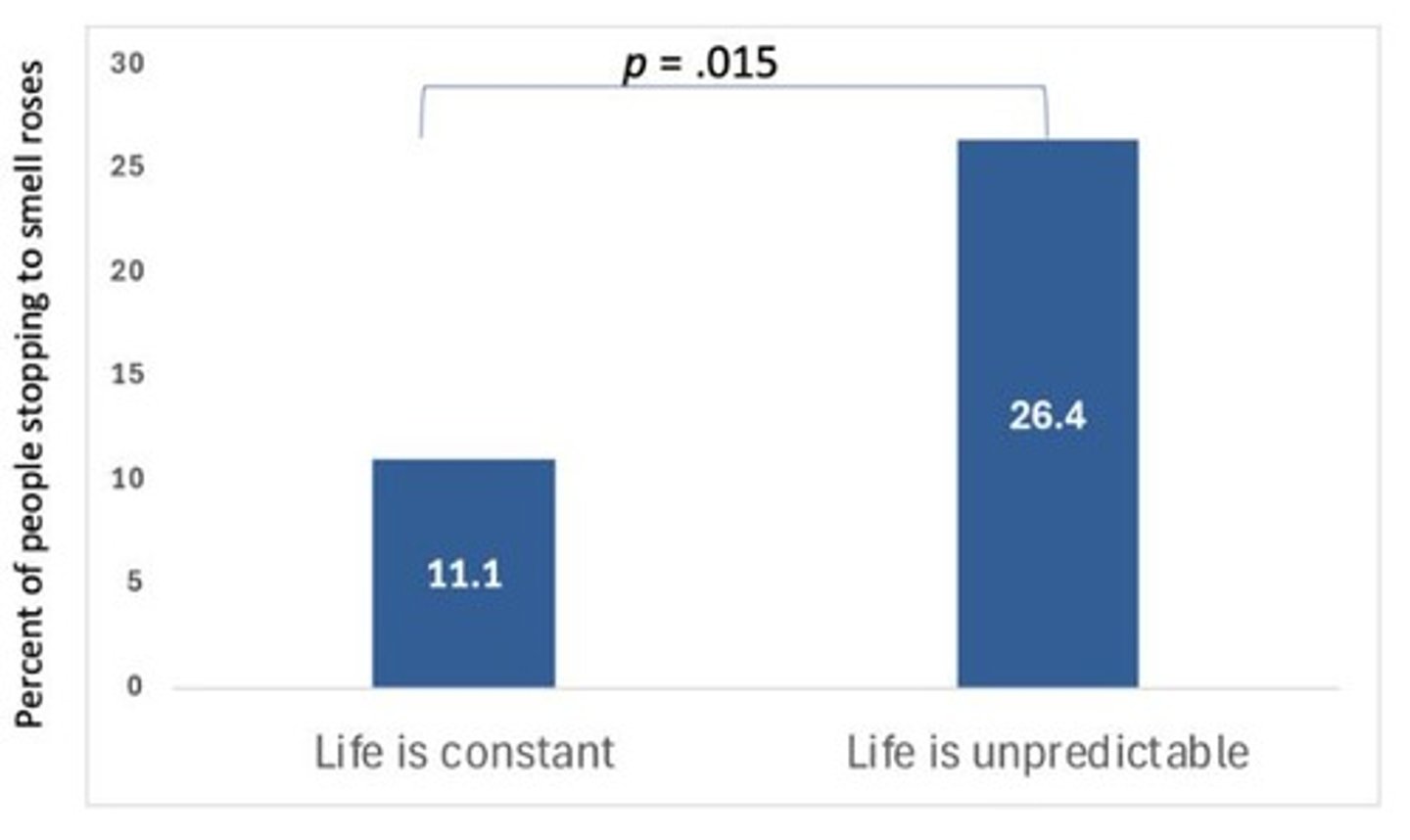PSYC34 | Week 3 - The Pursuit of Happiness: Paradoxes and Puzzles
1/20
There's no tags or description
Looks like no tags are added yet.
Name | Mastery | Learn | Test | Matching | Spaced | Call with Kai |
|---|
No analytics yet
Send a link to your students to track their progress
21 Terms
Hedonic adaptation
Adjustment to emotional experiences over time.
Affective forecasting
Predicting emotional responses to future events.
Dorm Assignment Study
Students were asked to predict their happiness level if they got their desired housing versus undesired housing
actual happiness after getting their housing was no different for if they got their desired or undesired housing
Tenure Decisions Study
professors were asked how they would feel about their tenure being accepted versus denied
Their actual happiness after getting accepted/denied were almost exactly the same, where being denied was slightly lower
Focalism
Overemphasis on a specific event's impact.
Immune neglect
Unawareness of adaptation to life events.
Sense-making
the tendency to make sense of (ie., form coherent explanations about) emotional events

AREA model
Attend, React, Explain, Adapt emotional events.
Late Positive Potential (LPP)
Neural response to emotional stimuli measured by EEG.
Electroencephalography (EEG)
recording of the electrical activity of the brain
What were participants instructed to do while viewing emotional images in the LPP and blocking/sense-making study?
Participants were instructed either to attend to the images or to mentally disengage by thinking of something unrelated.
What was the effect of mental disengagement from negative images on participants' emotional responses? (LPP study)
Their emotional response decreased, as evidenced by a weakened late positive potential (LPP).
What happened when participants who initially disengaged were re-exposed to the same images 30 minutes later? (LPP study)
They showed heightened emotional responses without disengagement instructions.
What does the LPP study suggest about the short-term effects of blocking attention through disengagement?
It can reduce emotional intensity in the short term.
What potential emotional cost is highlighted by the study regarding avoidance strategies?
Avoidance strategies may hinder the mind's ability to process experiences, resulting in stronger emotional reactions when stimuli are encountered again.
Blocking attention
Mental disengagement from emotional stimuli.
Colostomy study
Involved people with a permanent colostomy or temporary colostomy;
Measured life satisfaction (satisfaction with life scale) and perceived quality of life (ladder measure, 0-10)
Surveys happened at three points after release from hospital: 1 week after, 1 month after, 6 months after
People told that they have to live with it permanently show more adaptability to the situation since they have to come to terms with it
Savoring
Prolonging positive emotions through focused attention.

Permanent disability adaptation
Greater adjustment to lasting rather than temporary conditions.
Increasing savouring study
Predicted that when people believe that life is unpredictable, they are more likely to engage in savoring
giving flyers to random passerby: One flyer said "life is unpredictable, stop an smell the roses"
The other said "life is constant, stop and smell the roses"
Just down the street, there was a table with a bouquet of roses - "unpredictable" poster people more than twice as likely to stop and smell the roses

Positive situation seeking
Actively looking for enjoyable experiences.